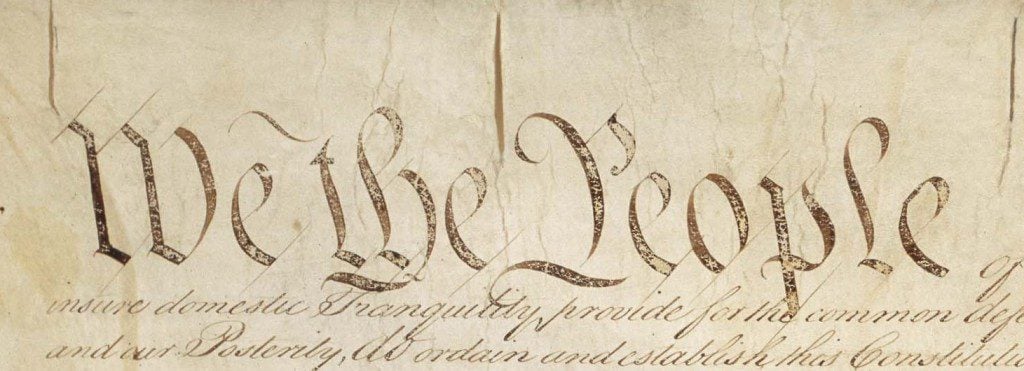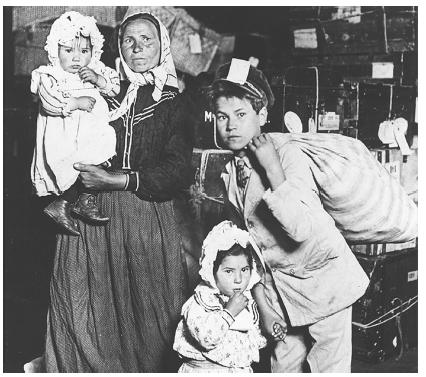
Since I’m thinking about constitutional subjects, and yet do not want to address the stupidity of petitions for the Electoral College to “save” us from Trump:
Should the total population of each state be the basis for determining how many congressional districts, and electoral votes, each state gets?
Or should it be the number of voters, or voting-eligible persons?
In 2016, that’s an issue due to states where there are disproportionately many non-citizens, though the Supreme Court rejected claims of unfairness about current practice – not because they opined on the fairness of the current practice, but because they read the constitution as requiring the established practice. (Or at least it seems to me they did, though I haven’t looked it up; maybe they implicitly opined by refusing to take the case.) One could likewise make a claim that in some states there are disproportionately many, and in others disproportionately fewer children, and that this unfairly impacts the voting strength of adult voters in Congress.
In 1787, the dispute was about the status of slaves. Everyone takes the 3/5ths compromise as signaling that slaves were considered only 3/5ths human, though, of course, the dispute was really centered around how many congressional districts, and, thus, how much voting power the slave states should have. And, after all, slave owners never claimed that the Africans they enslaved weren’t human, but that they were not fully mentally competent and thus needed to be under the custody of a white person – that is, when they cared to rationalize their system in any way other than the notion that people have owned other people for generations, and that it’s just the way life is, in the same way as countries have territorial wars of conquest and take other countries’ land, and it’s just your bad luck to be the victim rather than victor.
So: imagine you’re a Founding Father, engaged in this debate. You know you can’t eliminate slavery. What general principles do you establish for how districts are established?
Or – and this is a bigger leap, should the Founders have agreed from the start on two countries, that is, that the interests of slave and free states were irreconciliable?
And, heck, if we’re throwing around hypotheticals, should the U.S. have given itself a better name than just “United States”? I mean, Canada was a bunch of colonists in different provinces, and they got a proper name for the colony, then country, as a whole. Instead, we’ve got the nationality label “American,” and people who whine that this label doesn’t belong to us in the United States, because everyone from North and South America is an “American.” (Germans sometimes use the term “U.S.-American” and my German is nowhere near good enough to know whether they perceive of this as clumsy or fairly normal-sounding. I mean, it’s German, after all, and my favorite German word is “handschuhe” = mitten, which literally translates as “hand-shoe”!)
And, incidentally, if we’re talking about crummy names for nationalities, when did the U.K. become “the U.K.” – not in its formal name, but in common usage? Or has it always been such (or is it not even now “the U.K.” in common usage) and I just never paid much attention until I started working on international topics?
Image: public domain












